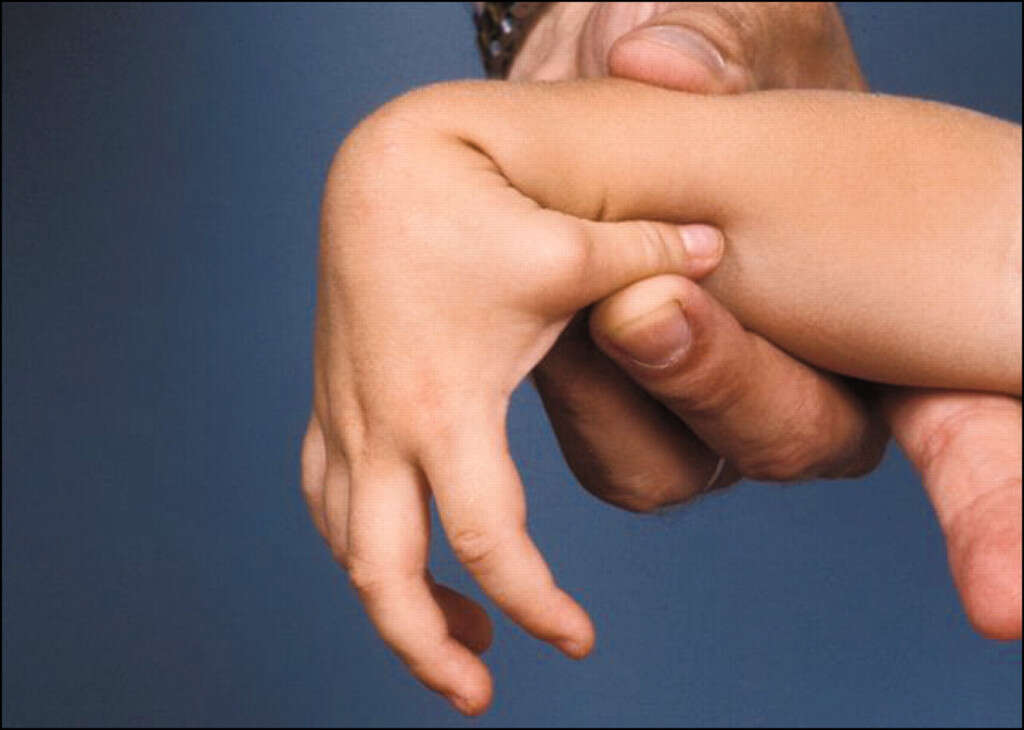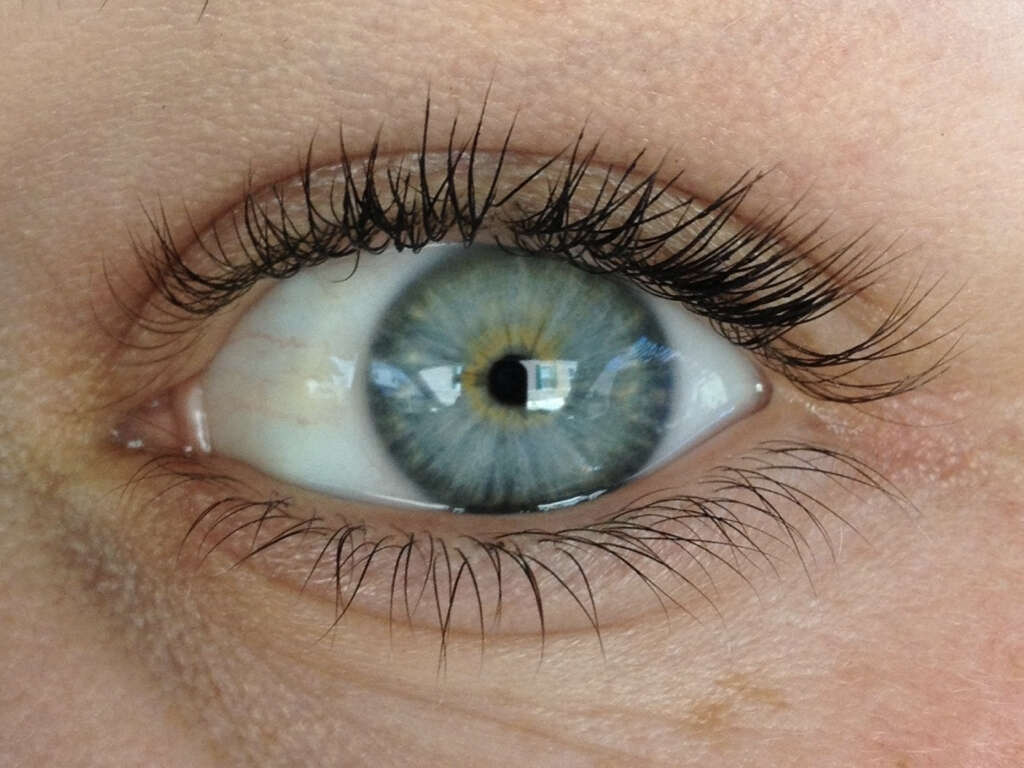10 Prader Willi Syndrome Symptoms
Prader-Willi syndrome is an uncommon condition that causes a range of physical and mental problems. It is a genetic disorder that is caused by irregularities with chromosome 15.
Patients with the condition can expect to have a normal life expectancy, provided they are able to manage the symptoms that are associated with the syndrome. There is no known cure for the condition, but treatment is available that can help limit its impact on individuals.
Newborn babies will often need to be supervised closely to ensure they get the nutrition they need to thrive and survive. Some patients may need to undergo surgery to help correct problems caused by the condition. Below are 10 symptoms of Prader-Willi syndrome.

Symptom #1: Weak Suckling Reflex
Newborn babies are able to suck on their mother’s nipples instinctively. This is important because they need to start taking on the nutrition they get from their mother’s milk quickly. Nutrition is especially important for very young children because it is a time of their life when they will be growing and developing quickly.
Babies with Prader-Willi syndrome, however, are likely to have a weak suckling reflex. This makes it harder for them to feed, and this can cause their development to suffer. The weaker suckling reflex is caused by decreased muscle tone in and around the mouth.

Symptom #2: Poor Muscle Tone
It is important even for babies to have healthy, strong muscles. These will help them in their development as they become more mobile and investigate the big new world they are living in. Their muscle strength is something that is often checked by doctors as an overall health check when they are born.
Poor muscle tone, also known as hypotonia, is another symptom of Prader-Willi syndrome. This means that the baby will not be as strong as other babies and will struggle to hold their own bodies in position. They will often become floppy when held as their muscles will not be strong enough to support their own weight.

Symptom #3: Small Genitals
You would not really expect for babies to have well-developed genitals when they are born. After all, it will be some time before they are used for anything other than urination. Regardless, the genitals of babies with Prader-Willi syndrome will still be somewhat less developed than those of other babies.
In boys, the penis may be particularly small. Their testicles are also likely to be very small and they may not even have descended from the abdomen at all. In girls, both the clitoris and the labia are likely to be much smaller than usual. It is a symptom that often goes overlooked in such young children.

Symptom #4: Unusual Facial Features
One way to tell that a baby might have Prader-Willi syndrome is from their facial features. It may not be instantly noticeable to most people but is fairly easy to spot to people that know what to look for. One such feature is that the baby may be born with eyes that are almond-shaped.
The shape of the eyes may not be enough to recognize Prader-Willi syndrome, but a mouth that appears turned down can be another sign. The baby might also have a thin upper lip and also a head that gets narrower at the temples. It is something that might take a specialist to notice.

Symptom #5: Poor Responsiveness
Newborn babies may sleep a lot, but they are at a point in their lives when they are taking in so much new information. Everything around them is new and worth investigating. They may not be as mobile as they would like, but they will still be alert and paying attention to everything.
A baby with Prader-Willi syndrome, however, is not likely to be as responsive as other babies. They may appear to be constantly tired and not respond well to stimuli. They might also not have as vociferous a cry as babies tend to have and they might also have difficulty waking up.

Symptom #6: Under Developed Sex Organs
Babies with the syndrome are likely to have smaller than usual genitals, and the symptom will continue when they reach adulthood. The patient’s sex organs will produce very few or no sex hormones. Puberty will often be delayed and/or incomplete, while the vast majority of patients will also remain infertile.
Men may find that their voices don’t become as deep as those of other men while they might also experience little to no facial hair growth. Some of the women may not start menstruation until around 30 years old, while others may never menstruate at all. Underdeveloped sex organs is known technically as hypogonadism.

Symptom #7: Food Cravings
Food can be delicious, so much so that it can be difficult to say no to more. Still, most of us know when enough is enough and we try to limit our food intake to within reasonable levels. People with Prader-Willi syndrome, however, can experience uncontrollable cravings for food.
The symptom will often begin as young as around 2 years old. As expected, it can cause considerable weight gain, causing the patient to become obese. The patient may even display behaviors such as hoarding food for later and some might even take food from the garbage in order to satisfy their cravings.

Symptom #8: Cognitive Impairment
Some people are simply smarter than others are. This is something that is largely down to genetics, among other factors. Regardless, most people are still reasonably intelligent at least and are smart enough to live perfectly normal lives. That may not always be the case in patients that have Prader-Willi syndrome, though.
Many patients with the condition will suffer from cognitive impairment. They will struggle with problem-solving and also have difficulties with reasoning. The level of disability can range from being mild to moderate, and even those with mild disabilities can have some difficulties when it comes to learning.

Symptom #9: Behavioral Problems
We all have different personalities. We are likely to react to events in different ways than other people, but the vast majority of us will still remain reasonable in our behavior. That is often not the case in patients that have Prader-Willi syndrome.
Adults and children with the condition can be prone to throwing temper tantrums. They can also be particularly stubborn and manipulative and can get angry faster than is normal. Mental health disorders such as picking at their skin, and anxiety, can also develop. It can start in childhood and can last throughout their adult years.

Symptom #10: Poor Physical Development
It is important that growing children get plenty of nutrition and exercise. This is because they are still growing and food and exercise will help make sure that they develop as well as they should. Those with Prader-Willi syndrome, however, are not likely to develop as well as others.
Patients with the condition are likely to have a higher fat content and less muscle mass than other people. They are also likely to be shorter and they can also have smaller than usual hands and feet. Other symptoms include curvature of the spine, difficulties regulating their body temperature, and nearsightedness.











